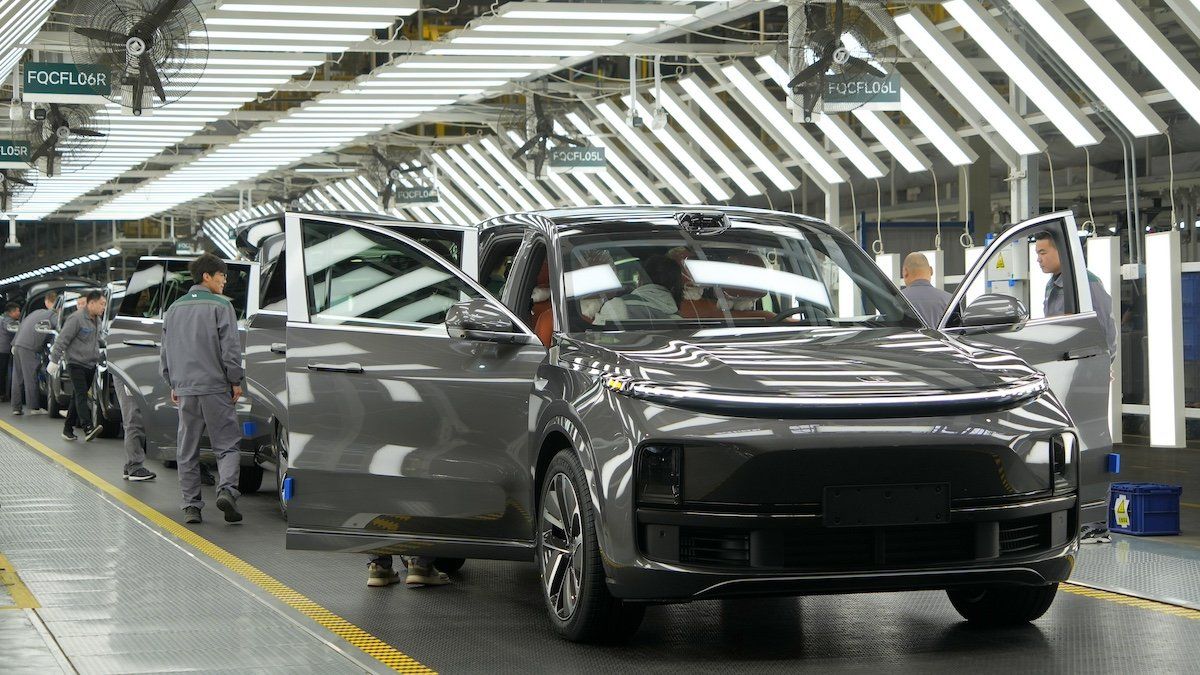Deputy Prime Minister Chrystia Freelandannounced Tuesday that Canada may ban Chinese-made software in vehicles, following a similar plan from the US government.
Canada recently announced a 100% tariff on Chinese EVs, along with 25% tariffs on aluminum and steel. China has announced it will challenge the tariffs at the World Trade Organization, where it could succeed. A security-based ban on software would potentially represent a surer way of closing the door on Chinese electric vehicles, which threaten to overwhelm North American manufacturers.
Governments in both Canada and the United States have sunk tens of billions into tax credits, rebates, and subsidies for EV manufacturers, but China, which has had a huge head start, looks able to outcompete the North Americans unless they are prevented by trade barriers.
The announcement by Freeland is another sign that those trade barriers are likely to be imposed in unison, since the Canadians want to be in lockstep to ensure continued access to the enormously important US market. The protectionist measures will slow the electrification of North America passenger vehicles, but leaders in both countries seem to have decided that it is politically impossible to surrender their markets to China.
